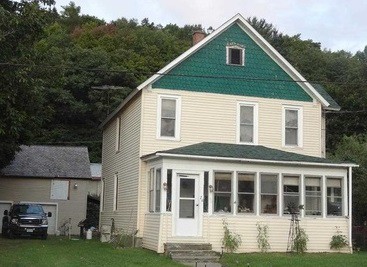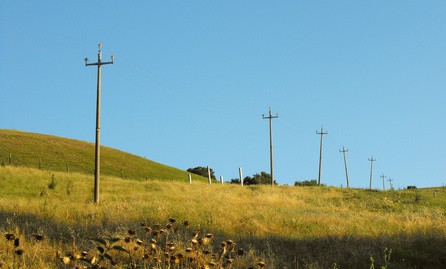
Broadband Yes
Time Warner Cable is spending taxpayer dollars received from New Yorkers to expand cable service in rural areas of the state, but primarily for the benefit of affluent residents — some that have sought cable and broadband service for their rural estates and vacation homes for years.
An analysis of publicly-available data by the New York Public Utility Law Project (PULP) from an earlier $5.3 million state rural broadband expansion grant paid to Time Warner Cable found that 73 percent of the money was spent extending cable service in zip codes where median incomes are significantly higher than surrounding areas that remain unserved. Time Warner Cable is relying on New York taxpayers to cover about 75% of the construction costs.
PULP’s Gerald Norlander has spent months seeking more information about how Time Warner Cable and its presumptive new owner Comcast collectively plan to address rural broadband issues in the state, but Time Warner Cable has fought to keep most of its plans secret, including projects funded in part by taxpayers.

Broadband No
Norlander’s current research included an analysis of 53 rural expansion projects that were included in the last round of broadband grant awards. He found Time Warner interested in expanding in affluent communities like Grafton in Rensselaer County. The part of the community targeted for expansion has a 10% higher median income than the rest of the county.
In a letter to the state’s Public Service Commission, Norlander argues Time Warner Cable’s desire to keep its rural broadband plans a secret may run contrary to New York’s universal broadband service goal to bring broadband to every customer that wants the service.
Targeting service on more affluent areas can result in higher revenue as wealthy customers are more likely to choose deluxe packages of services and are unlikely to fall behind paying their bills. But such decisions can also become politically untenable when a seasonal resident can access cable service for their six bedroom summer home while middle-income residents with school children up the road cannot.


 Subscribe
Subscribe Time Warner Cable has appealed to the Secretary of the New York Department of Public Service to keep information about taxpayer-subsidized broadband expansion projects in New York a secret.
Time Warner Cable has appealed to the Secretary of the New York Department of Public Service to keep information about taxpayer-subsidized broadband expansion projects in New York a secret. Prestemon rejected efforts by Time Warner Cable to maintain confidentiality even after news of one broadband expansion project was reported by Albany-area media outlets. Prestemon added that public regulatory filings submitted by the company as a project commences effectively places information about it in the public domain.
Prestemon rejected efforts by Time Warner Cable to maintain confidentiality even after news of one broadband expansion project was reported by Albany-area media outlets. Prestemon added that public regulatory filings submitted by the company as a project commences effectively places information about it in the public domain.
 New York Gov. Andrew Cuomo has set a goal that every resident of New York State should have access to at least 100Mbps broadband no later than 2018.
New York Gov. Andrew Cuomo has set a goal that every resident of New York State should have access to at least 100Mbps broadband no later than 2018.
 That must come as a relief for Verizon. The state’s largest phone company has petitioned state officials in the past for a gradual mothballing of New York’s rural landline network in favor of switching customers to wireless voice and broadband over Verizon’s cellular network. Theoretically, taxpayers could end up subsidizing the demise of rural New York landlines and DSL if Verizon seeks money from the rural broadband fund to expand its wireless tower network in rural New York. Time Warner Cable almost certainly will also seek more funding, probably in excess of the average $1,264 paid to the cable company for each of the 4,114 additional connections it agreed to complete during an earlier round of funding.
That must come as a relief for Verizon. The state’s largest phone company has petitioned state officials in the past for a gradual mothballing of New York’s rural landline network in favor of switching customers to wireless voice and broadband over Verizon’s cellular network. Theoretically, taxpayers could end up subsidizing the demise of rural New York landlines and DSL if Verizon seeks money from the rural broadband fund to expand its wireless tower network in rural New York. Time Warner Cable almost certainly will also seek more funding, probably in excess of the average $1,264 paid to the cable company for each of the 4,114 additional connections it agreed to complete during an earlier round of funding.
